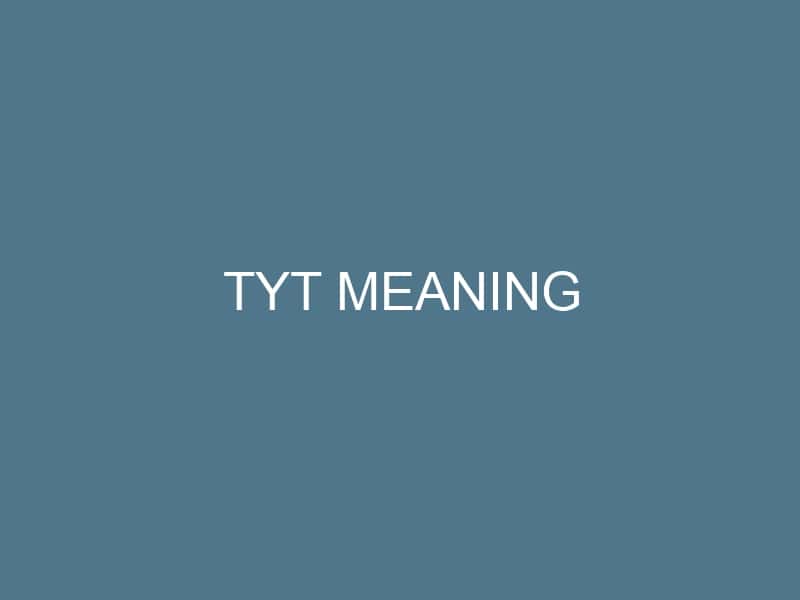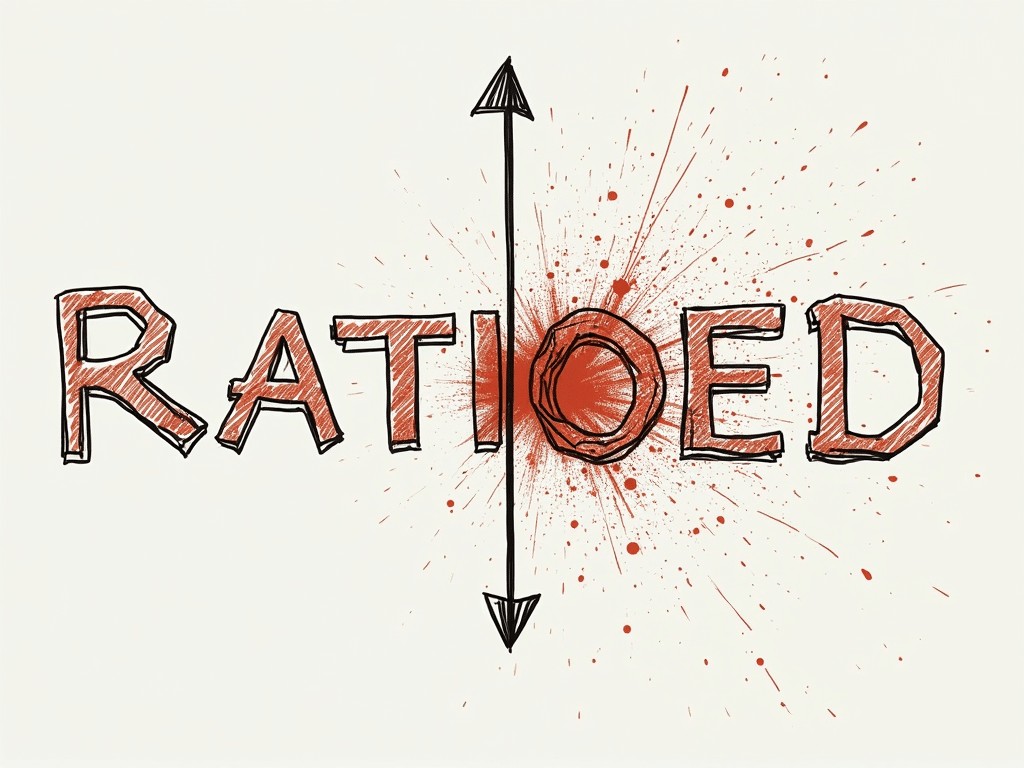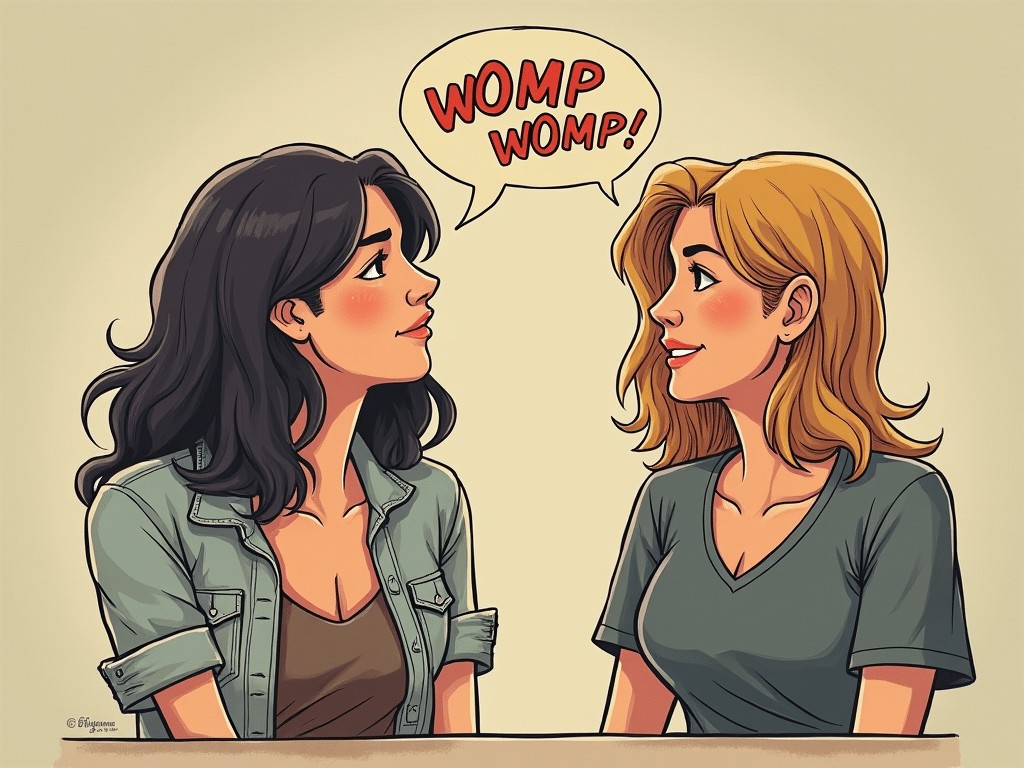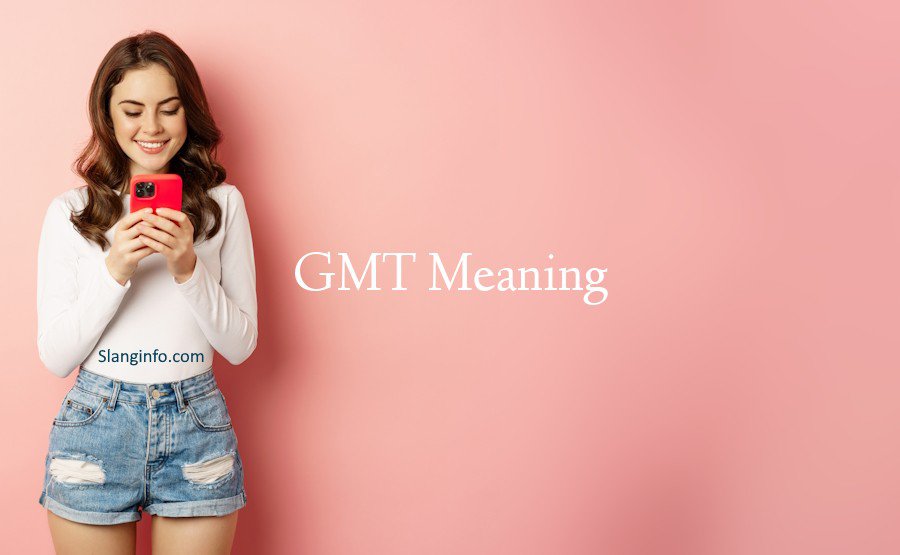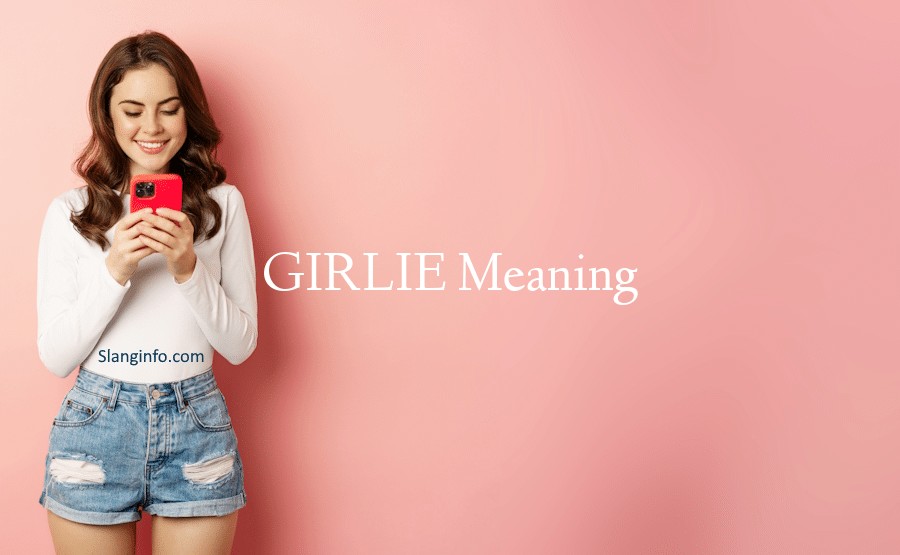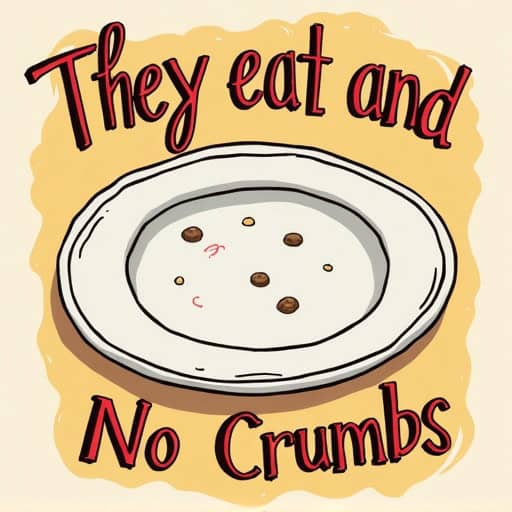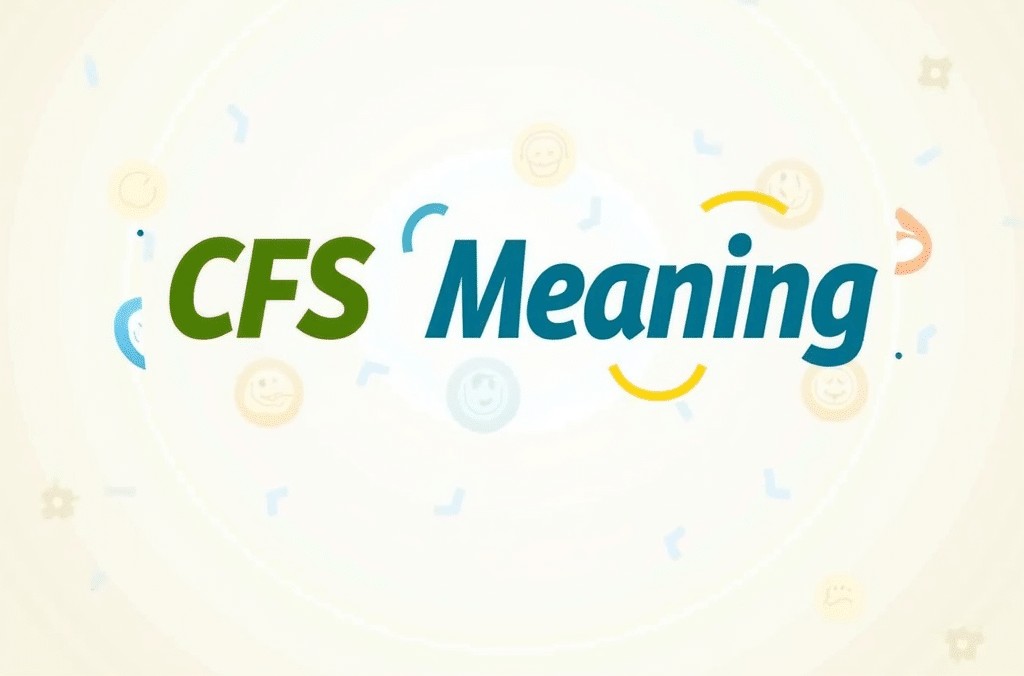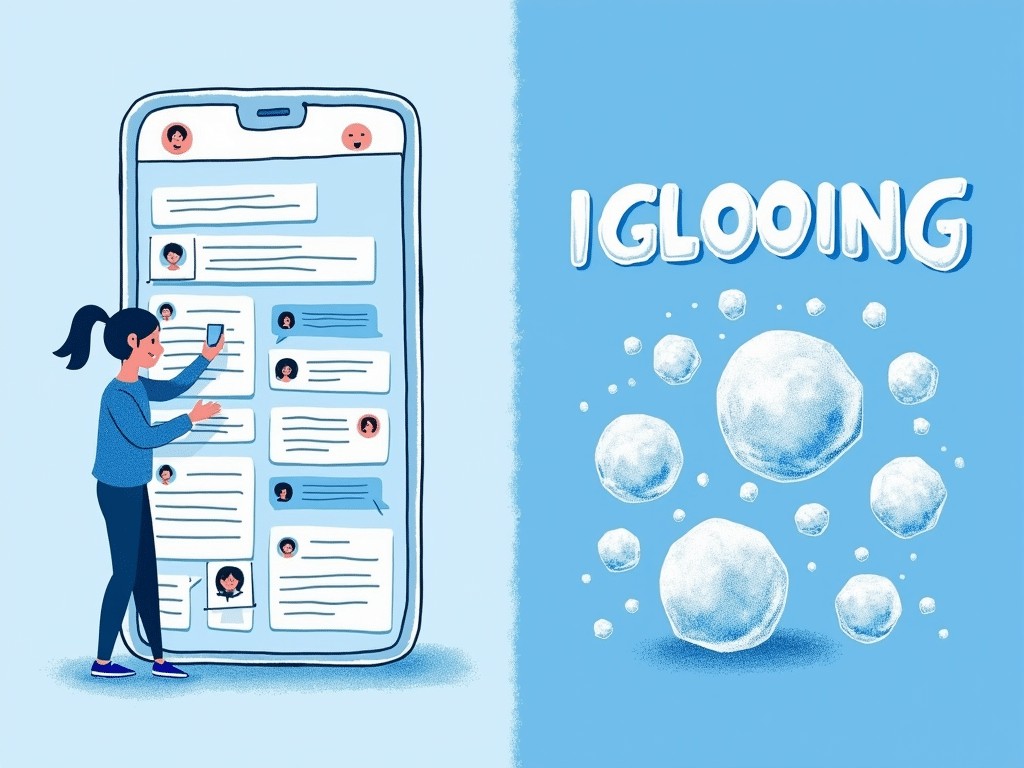Picture this: you’re scrolling through TikTok, and suddenly you see a video that claims, “This is a total canon event!” You chuckle, nodding in agreement, but deep down, you’re like, “What even is a canon event?” Fear not, fellow slang sleuth! Let’s dive into the wild world of this trending term that’s taking over texts, memes, and social media like it’s the latest viral dance challenge.
What Does “Canon event” Mean?
So, what’s the deal with “canon event”? In the simplest terms, a canon event refers to a pivotal moment in a story or someone’s life that is essential to their character development or storyline. It’s like that one plot twist in a movie that you can’t believe you didn’t see coming!
Full definition: A canon event is a significant occurrence that is crucial to the narrative or development of a character.
Common contexts: You’ll hear this term thrown around in discussions about movies, video games, and even real-life situations where something dramatic or transformative happens. Think of it as a “coming-of-age” moment, but for all sorts of narratives.
Alternate spellings or forms: While “canon event” is the go-to phrase, you might see it abbreviated in casual chats, like “can ev” or even just “event.”
How it’s pronounced: Say it like this: KAH-non ee-VENT. (Just don’t confuse it with “cannon,” unless you’re talking about explosive moments!)
Typical tone: The tone can vary widely. Sometimes it’s serious, especially if someone is reflecting on a life-changing moment. Other times, it’s sarcastic or ironic, making it a playful jab at overly dramatic situations.
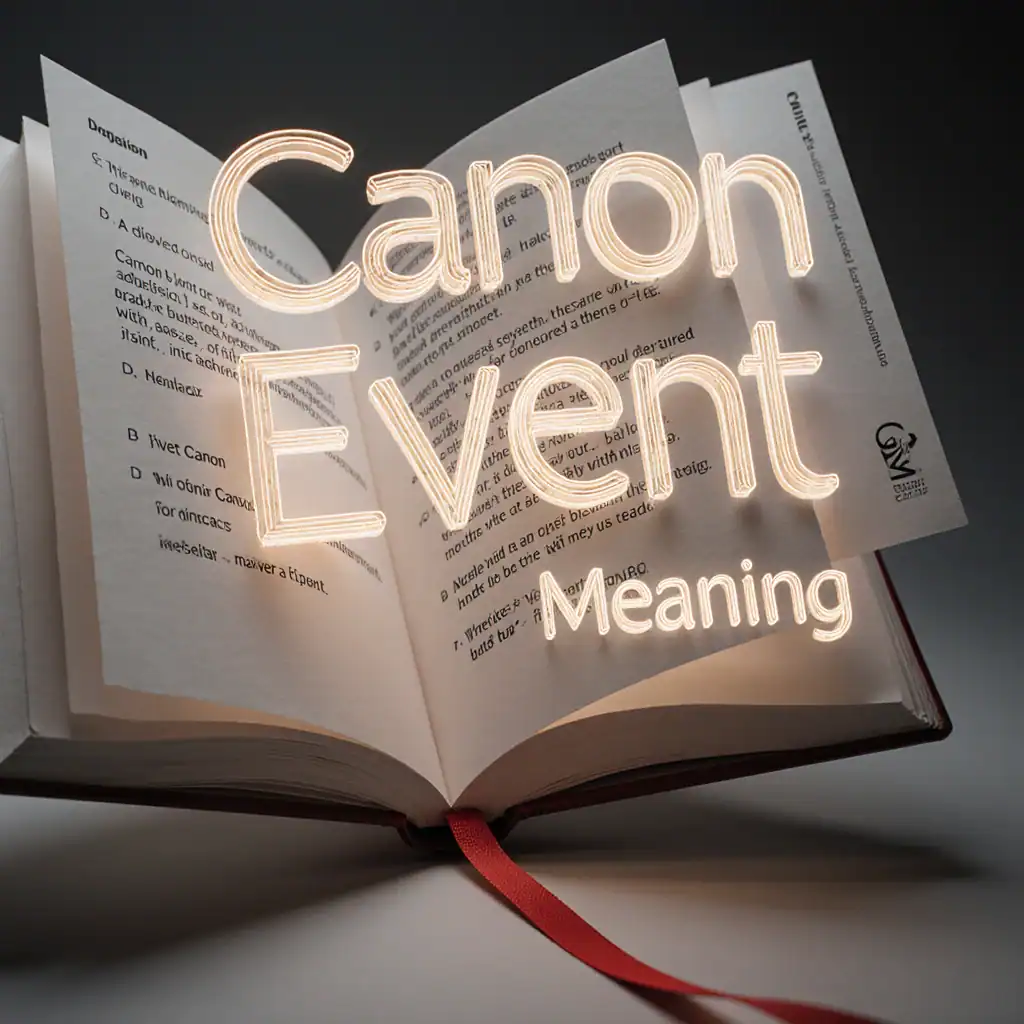
Origin and Evolution
Now, let’s take a stroll down memory lane. The term “canon” itself has its roots in literature and storytelling. It refers to the material accepted as part of the official story in a fictional universe. The idea of a “canon event” started gaining traction around the mid-2010s, especially in online communities discussing anime, comics, and video games.
When it became popular: The concept surged in popularity around 2021, thanks to platforms like TikTok and Twitter where users creatively applied it to their daily lives.
What platforms or subcultures used it: Mostly, you’ll find “canon event” floating around in fandoms—think anime lovers, gamers, and even movie buffs who love to dissect their favorite narratives.
How it evolved over time: Today, it’s not just for fictional characters. People have started using “canon event” to describe their own life experiences, as if they’re the main character in a dramatic film or novel.
Modern Usage and Examples
Now, let’s get into the juicy stuff! Here are some ways people are using “canon event” today:
- Sincere:
“Finally graduating college? That’s a total canon event!” - Sarcastic:
“Oh, you got dumped and immediately got a cat? Classic canon event.” - Ironic:
“This school fight? Definitely a canon event for this drama-filled year!” - Humorous:
“When I tripped up the stairs in front of everyone, I knew it was a canon event.”
Who Uses It?
So, who’s on the “canon event” train?
- Age groups: Primarily, you’ll find Gen Z and Millennials using this slang as they navigate their lives, often sharing relatable experiences.
- Platforms: TikTok is the big player here, but Twitter and Instagram also make appearances.
- Niche groups: Influencers, gamers, and beauty creators are all in on the action, often using the term to add flair to their storytelling.
Example Sentences
Let’s sprinkle in some fun examples to really capture the vibe:
- “The moment I finally said yes to that date? Total canon event.”
- “When my best friend got an unexpected promotion, I knew it was a canon event for her life.”
- “That awkward family dinner? Definitely a canon event—plot twist included!”
Similar Slang Terms
Ready for more slang? Here are some related terms you might want to explore:
- Main character energy: The vibe of living your life as if you’re the star of a movie.
- Plot twist: An unexpected change in the expected narrative, often used in storytelling.
- Vibe check: A quick assessment of someone’s mood or energy, often used in social contexts.
- Tea: Gossip or juicy information that you just have to share.
- Cap/No cap: “Cap” means a lie, and “no cap” means you’re being real or truthful.
Pop Culture, Memes, and Trends
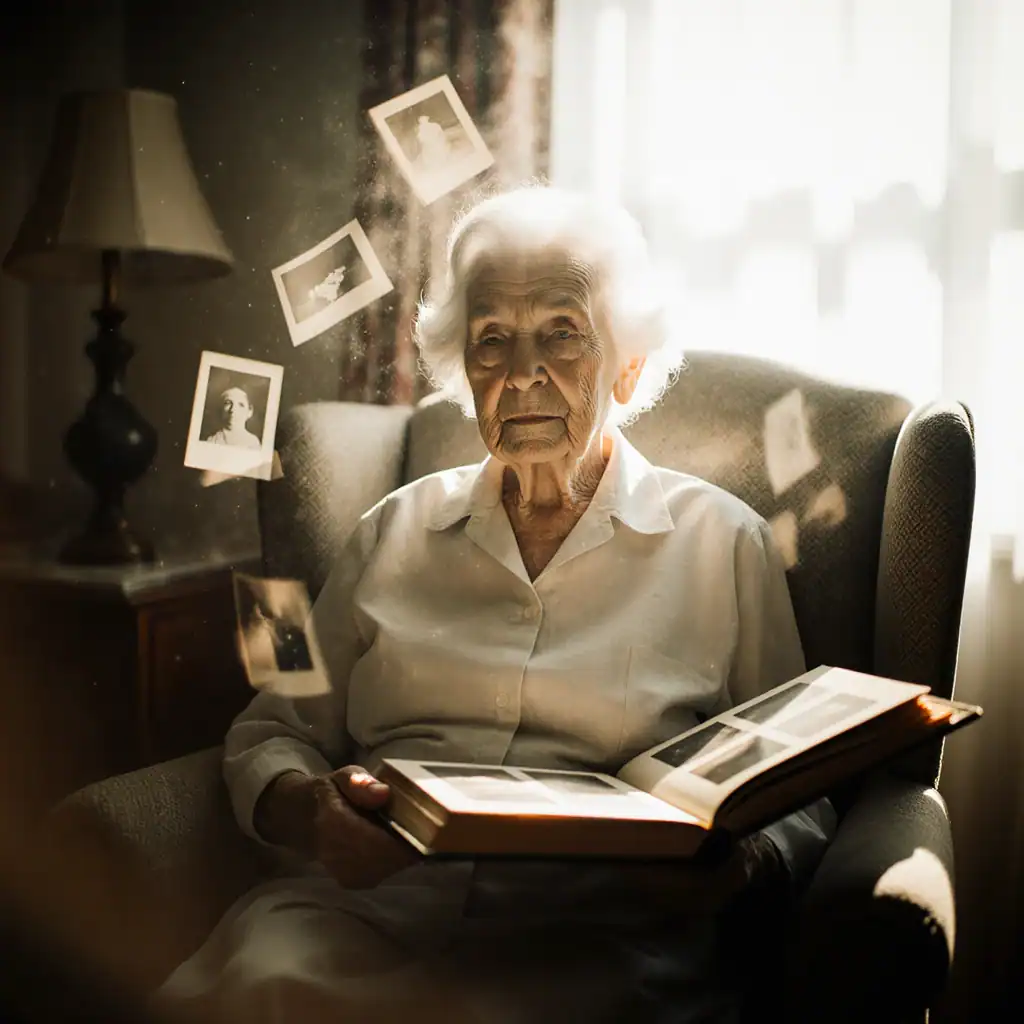
The term “canon event” has found its way into various corners of pop culture:
- Memes: You’ll find countless memes illustrating ridiculous situations labeled as “canon events,” often with a humorous twist.
- TikTok trends: Creators love to share their “canon events” through storytelling videos, making relatable moments go viral.
- Celebrity content: Celebrities often share pivotal moments in their lives, and fans will respond with “That’s a canon event!”
- Twitter/X jokes or Instagram captions: Users frequently drop “canon event” in captions to highlight dramatic or funny life moments.
Is “Canon event” Safe to Use?
Good news! “Canon event” is generally safe to use in casual conversations. It’s not offensive, but context matters. Using it in serious discussions about real-life events could come off as insensitive, so be mindful of your audience.
Why It’s Popular
Why does “canon event” resonate so much today?
- Relatability: Everyone has moments that feel monumental, and this term captures that essence.
- Humor: The irony and sarcasm often attached to the phrase make it a fun way to express life’s ups and downs.
- Cultural trends: With the rise of storytelling on social media, users are drawn to terms that encapsulate their experiences.
- Emotional appeal: Everyone loves a good story, and “canon event” gives them a way to frame their own narratives.
So there you have it! “Canon event” is more than just a trendy term; it’s a way to express the pivotal moments that shape our lives, all while keeping things light and relatable. Whether you’re sharing your own “canon events” or just enjoying the latest memes, keep exploring the vibrant world of slang. Who knows, the next term you learn might just become your new favorite way to spill the tea!

